Javed Akhtar brings music fraternity together to create brand new IPRS
ET Bureau | Updated: Dec 21, 2017, 01.08 PM IST
After a long acrimonious battle involving allegations, copyright issues from both sides and courtroom dramas over several years, all the music composers, the fraternity of lyricists and music companies have settled amicably with each other and come together as one music industry.
This has resulted in IPRS (Indian Performing Rights Society — the 48-year-old copyright royalty collection body) getting its official registration as a copyright society back from the Government recently. It is now the only official and functional copyright society for Musical Works and associated Literary Works in India (for collecting royalties of underlying musical and literary works).
The IPRS, originally formed in 1969, represents a majority of Indian music composers, lyricists and music companies. IPRS as a copyright society is authorised and mandated to licence copyrights in underlying musical and literary works, in songs / background music for broadcast (TV & radio), hotels, bars, clubs, events, establishments and digital music streaming services, effectively wherever music is played or sold, whether physically or digitally.

(Standing L-R) Mayur Puri (lyricist), Preeti Mamgein (lyricist & President FWA), Himesh Reshammiya (composer), Kausar Munir (lyricist), Ankit Tiwari (composer), Raju Singh (composer), Panchi (lyricist), Manmeet (composer), Jigar Saraiya (composer), Viju Shah (composer), Suleman (composer), Kumar Taurani (Managing Director - Tips) , Kumaar (lyricist), Sahithi (lyricist), Clinton (composer), Zama Habib (lyricist FWA), Anupam Roy (composer), Rakesh Nigam (CEO IPRS), Mandar Thakur (Times Music), Ganesh Jain (Venus)
(Seated L-R) – Nawaz Arzoo (lyricist), Sajid (composer), Salim (composer), Wajid (composer), Milind (composer), Shankar (composer), Anandji (composer), Vikram Mehra (CEO - Saregama ), Javed Akhtar (lyricist & IPRS Chairman), Shreedhar (Sony), Loy (composer), Sharang Dev (composer)
The new IPRS board is chaired by none other than the legendary lyricist, Javed Akhtar. This is what the key players had to say about the new development:
“Now that all the members are pulling in the same direction, we have the ambition to transform IPRS into a worldclass society. We intend to make licensing easy and transparent for all the users, bring speed and accuracy to the flow of royalties, and generally make IPRS a potent force for Indian culture.”
— VIKRAM MEHRA, MD&CEO, Saregama and IPRS board member
“The reconciliation of art and business is a major landmark. It will help create a more vibrant, confident and creative music industry, one that will carry Indian culture to global audiences. An efficient and transparent Copyright Society, now that we have put our differences behind us, will be a major source of income for lyricists and composers — most of whom depend on royalties for their livelihood, or as their pension plan. And I also believe it will offer a better return on investment to the music publishers.
— SHUBHA MUDGAL, composer and artiste
“Finally, we get the feeling that the IPRS is a body for the artistes by the artistes! I think the time has come when we all will work with each other and a great cooperation is developing amongst authors and publishers. The value of royalty will become clearer in the minds of music lovers.”
— SHANKAR MAHADEVAN, music composer and artiste
“With the new constitution and a new governing board, IPRS is entering a new era. This era will not be of confrontation but of cooperation between the authors and the publishers. I see an extremely prosperous future for everyone.”
— JAVED AKHTAR, lyricist and IPRS Chairman
The IPRS meeting was attended by members of the music fraternity.


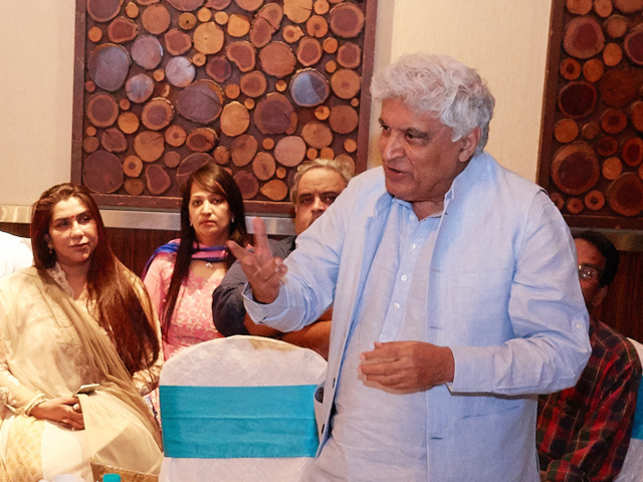





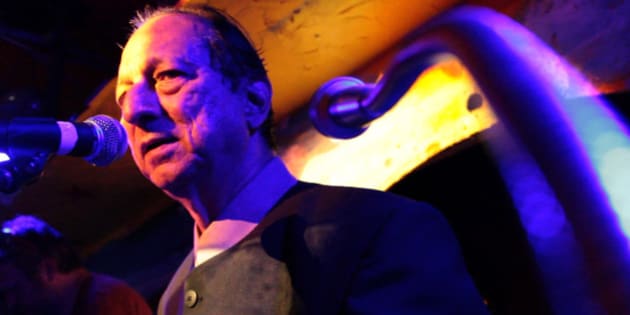
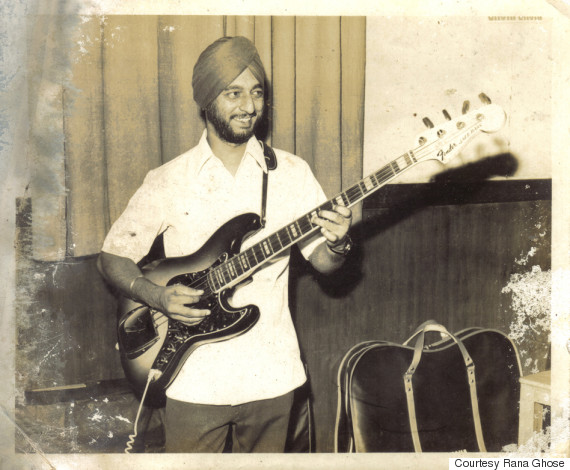 A younger Charanjit Singh playing the bass guitar as a Bollywood sessions musician
A younger Charanjit Singh playing the bass guitar as a Bollywood sessions musician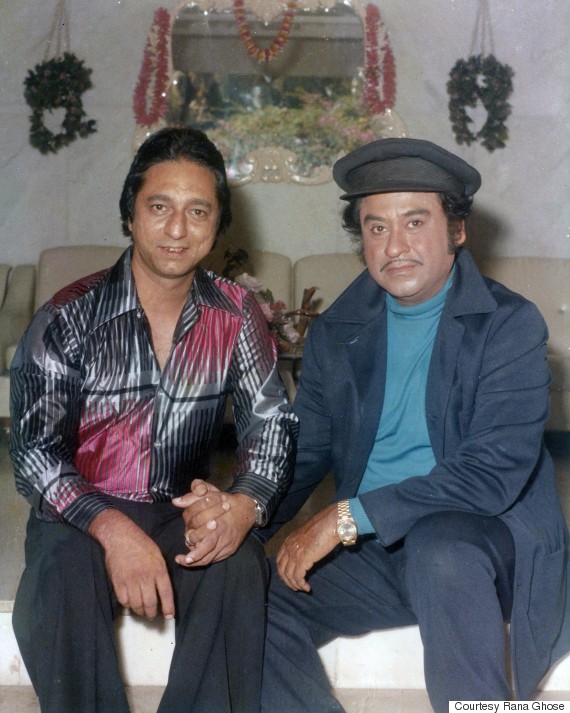 Singh with legendary Bollywood playback singer Kishore Kumar (right)
Singh with legendary Bollywood playback singer Kishore Kumar (right)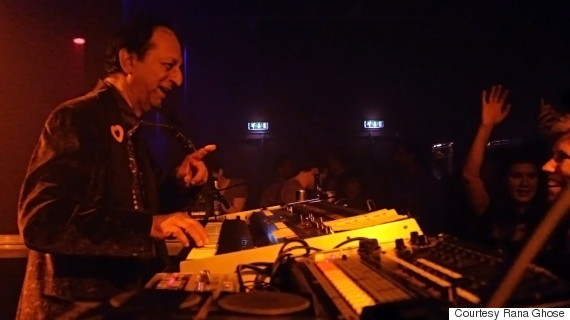 Singh performing to a crowd at a club in Groningen, Netherlands, in May 2013
Singh performing to a crowd at a club in Groningen, Netherlands, in May 2013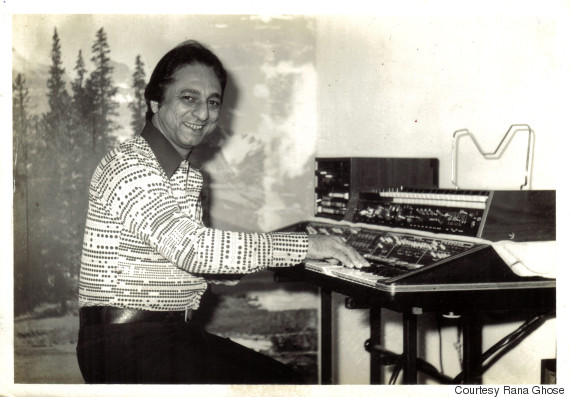 A picture from 1980 showing Singh playing a synthesizer
A picture from 1980 showing Singh playing a synthesizer
